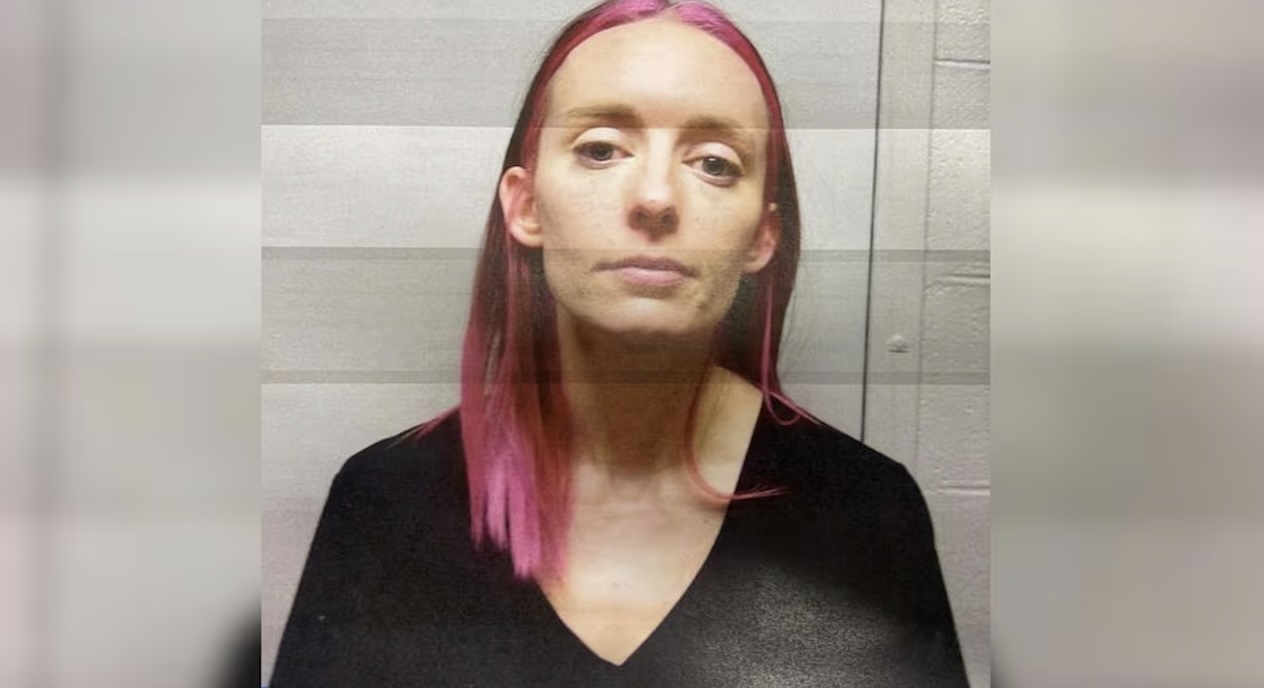Scammers Exploit Unregulated Bitcoin ATMs to Steal Millions
Bitcoin ATMs are sprouting up everywhere, from gas stations to grocery stores, offering a convenient way to buy cryptocurrency. However, with this convenience comes a dark side - scammers are increasingly exploiting these machines, resulting in substantial losses for victims.

The FBI has issued warnings about the surge in scams involving Bitcoin ATMs, leading to a staggering tenfold increase in consumer losses from 2020 to 2023, totaling a whopping $114 million, as reported by the Federal Trade Commission. This figure, based only on reported cases, likely represents just the tip of the iceberg.
One victim, 80-year-old Joseph Buentello, fell prey to a heart-wrenching scam. He received a distressing call claiming his son had been arrested and urgently needed $5,000 for legal fees. Following the caller's instructions, Buentello withdrew the money from his bank and deposited it into a Bitcoin ATM at his local grocery store, only to realize later that he had been duped. The money was swiftly converted to Bitcoin and transferred to a cryptocurrency wallet, rendering it irretrievable.
Reflecting on the ordeal, Buentello expressed his fear and regret, admitting that panic clouded his judgment in the moment of crisis. "I was scared," he recounted, emphasizing his unfamiliarity with Bitcoin ATMs prior to the incident. "I hit the panic button and I let my panic take control of my good judgment."

In response to the Buentello case, Bitcoin ATM operator Coinme stated, "Our customer service team is committed to assisting scam victims. However, in instances like this, transactions are instant and funds are sent outside of our platform, making recovery impossible." The grocery store hosting the Bitcoin ATM, Tom Thumb, clarified that the ATMs facilitate private, self-service transactions, with multiple fraud warning screens displayed on the kiosk.
Law enforcement encounters hurdles in tackling these crimes. In a notable case, the McLennan County Sheriff's Office seized cash directly from a Bitcoin ATM to return it to an 83-year-old scam victim. Subsequently, the Bitcoin ATM operator contested the seizure, alleging it was unlawful.
Although the lawsuit was eventually dropped, and the woman retained the money, the county acknowledged the erroneous seizure, conceding that the funds legally belonged to the Bitcoin ATM operator. Despite the legal tussle, Sheriff Parnell McNamara affirmed his department's actions, underscoring the importance of returning the money to its rightful owner. "We got the lady's money back. It should have gone back to her. Had we not done it the way we did, she would not have gotten it back," he asserted.

Bitcoin ATM operators assert that they implement stringent measures to safeguard users against fraud, such as displaying up to six fraud warning screens before any transaction. However, critics, including former industry insiders, argue that these warnings fall short in deterring scammers.
Anthony Zervos, a former fraud analyst for DigitalMint, disclosed that his company mandated most first-time Bitcoin ATM customers to engage with a representative before proceeding with a transaction to mitigate fraud risks. By adopting this approach, the company successfully averted numerous scam victims from losing money. Frustrated by the industry's lax stance on fraud, DigitalMint opted to exit the ATM business.
"Something needs to be done because we have heard some horror stories," Zervos emphasized during an interview with the CBS News Texas I-Team.
While a few states, including California, Vermont, and Minnesota, have enacted laws regulating Bitcoin ATMs, the majority of the country, including Texas, lacks such regulations.
U.S. Senator Dick Durbin of Illinois has taken a keen interest in this issue. Following unsatisfactory responses from the top ten Bitcoin ATM operators regarding their scam prevention measures, Durbin intends to introduce federal legislation. The proposed legislation aims to impose a cap on the amount individuals can deposit into a Bitcoin ATM and mandate a 72-hour hold on all transactions for new users.
"It's time for the cryptocurrency industry to step up and establish robust standards to shield seniors from exploitation of this nature," Durbin asserted in an interview with the I-Team.
Several Bitcoin ATM operators have expressed willingness to collaborate with lawmakers to institute consumer protection regulations. However, a state lobbyist for the cryptocurrency industry, Texas Blockchain Council, highlighted their support for policies targeting bad actors, cautioning against a blanket ban on crypto ATMs, citing it as incongruent with the Texan spirit.





















